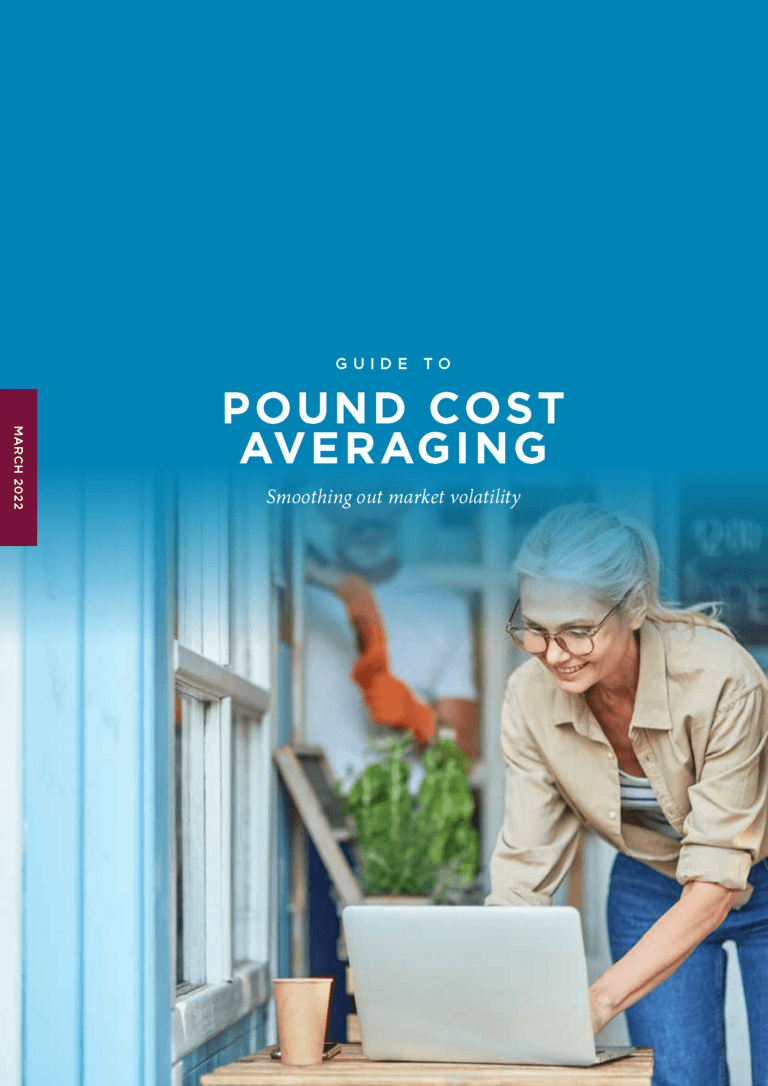The government announce a minor change but plough ahead with Inheritance Tax reforms to pensions.
A forthcoming change will alter the treatment of unused pension funds and death benefits for Inheritance Tax (IHT) purposes. From 6 April 2027, most of these funds and benefits will be counted as part of a deceased person’s estate when calculating IHT. As a result, individuals inheriting estates that include such assets—such as beneficiaries of unused pension funds or death benefits—will be affected. The government is expecting to raise £640m in 2027/28, rising to £1,460m by 2029/30.
Personal representatives will become responsible for reporting and settling any IHT owed on unused pension funds and death benefits. However, certain benefits are expected to be excluded: specifically, death in service benefits paid from registered pension schemes, as well as dependant’s pensions from defined benefit schemes or collective money purchase arrangements. These will continue to fall outside the scope of IHT under these changes.
The principal aim of this reform is to remove the increasing trend that have enabled pension schemes to be used primarily as tools for tax-efficient wealth transfer, rather than as vehicles for retirement savings. The change also addresses inconsistencies in the tax treatment between different pension arrangements.
In recent years, policy shifts—such as the introduction of pension freedoms in 2015 and the abolition of the lifetime allowance announced in March 2023—have led to pension schemes being promoted and used as a means of passing on wealth without incurring IHT, rather than supporting retirement. At present, individuals can amass tax-advantaged savings in their pensions, use other sources to fund their retirement, and leave any unused pension assets to beneficiaries free of IHT.
Are you unsure about how this will impact you? Get in touch with one of our experts today.
The Financial Conduct Authority (FCA) does not regulate tax advice.











